For consumers, healthy beverages are an excellent way to achieve that lifestyle that gives them a sense of all-around well-being. To do so, they demand a balance between profit, taste and sustainability. They still want interesting and delicious beverages, but without feeling guilty. In this post we focus on understanding what the consumer wants and why they want it. With this as a basis, we explain the current trends in the healthy beverage industry.
- What do consumers demand? What do they look for in a healthy beverage?
- The main trends in the beverage industry
- How red and white grape juice is aligned with trends
- Julián Soler: 100% natural white and red grape juice
What do consumers demand? What do they look for in a healthy beverage?
Although consumer preferences are constantly evolving, it has become very clear that demands are driven by their concern for health and environmental awareness. Customers want to consume healthier products, but are unwilling to accept compromises in quality and taste. They are increasingly looking for clean label products and are even willing to pay a premium price.
They are looking for beverages that are organic and functional, i.e., made with healthy ingredients and key nutrients for the body, with low sugar content and even probiotics added, but with flavors that offer pleasure to the palate.
Here are some 2023 statistics on consumer preferences in the global beverage sector (provided by MIntel, Finlays and FMCG Gurus):
- 57% of adults rated the most important factor they use to value a beverage or food as the added nutritional benefit. The next most important factor is the use of natural ingredients.
- 70% of global consumers consider it important for beverages to be 100% natural.
- 25% of Millennials find low/no alcohol beverages appealing.
- 42% of global consumers are willing to pay more for products that support care for the planet.
- 75% of European consumers are willing to pay more for sustainable products.
- 34% of consumers opt for functional beverages that increase their energy.
- 37% of consumers think that artificial sweeteners are bad for their health.
The main trends in the beverage industry
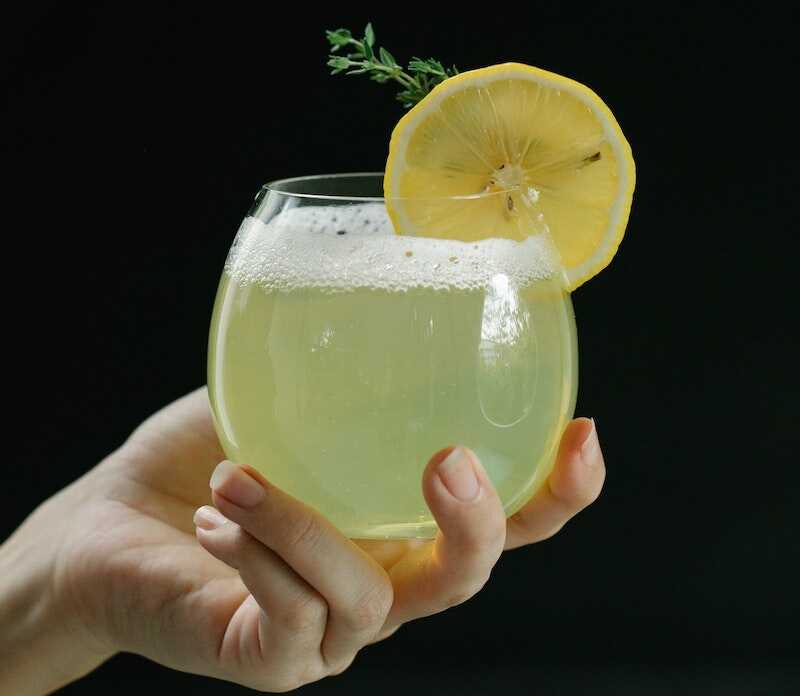
The beverage industry is responding to consumer demands with an increasingly diverse and innovative offering of healthy products. Some of the main trends that are defining the market are as follows:
Reduction of sugar and increase of natural sweeteners
Globally, excessive sugar consumption is one of the main causes of obesity, tooth decay and diabetes. As a result, consumers are looking to reduce or eliminate added sugar in their diets, opting for beverages with fewer calories and natural sweeteners. They have become adept at reading product labels and are clearly preferring beverages with minimal processing and with components they can recognize.
Specifically, they are looking for alternatives to traditional carbonated and artificially flavored beverages. Thus, the trend that is gaining prominence in this industry is the creation of healthy beverages based on fresh fruits and natural sweeteners.
Manufacture of functional and highly nutritious beverages
Functional beverages with high nutritional value for the body are of great appeal to consumers. These beverages contain ingredients that provide specific health benefits to the consumer beyond hydration or basic nutrition. Functional beverages can help to improve the immune system, physical or mental performance, mood, digestion, cardiovascular health, etc.
Globally, the main health areas that consumers are addressing are: their digestive health and their immune health (FMCG Gurus data). Because of this, the development of functional beverages (energy drinks, sports drinks, fortified juices, etc.) continues to trend, especially those beverages that are full of antioxidants, vitamins and minerals to strengthen the immune system and provide overall wellness, or that provide probiotics for gut health, or that are rich in fiber or protein.
Use of organic ingredients
Consumers are interested in drinking organic beverages, made from ingredients that are grown without the use of pesticides, herbicides, synthetic fertilizers or other chemicals that negatively impact the environment or consumers’ health. They perceive these organic ingredients as more natural, healthy and sustainable.
A report by Research and Markets indicates that the global market for organic beverages, which includes fruit drinks, is evolving. It is estimated to grow at a compound annual growth rate of 14.11% between 2023 and 2030.
Manufacture of innovation products
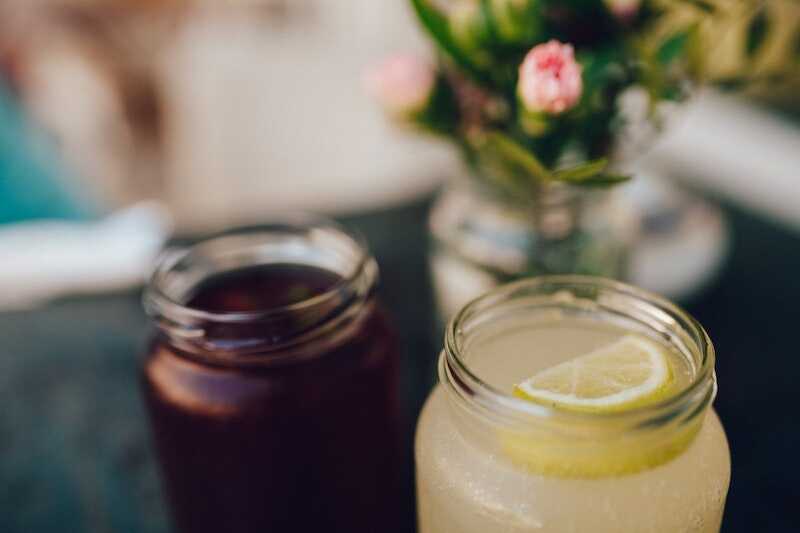
Consumers are moving away from traditional beverages. Their search for health-promoting products made from natural ingredients and with excellent taste is gradually stimulating the creation of innovative health beverages.
In addition to the creation of protein-enriched or fortified juice drinks, electrolyte probiotic fruit juice-based drinks, flavored water with natural ingredients, etc., the industry is creating beverages with unexpected combinations of ingredients and pleasing flavors, not only to satisfy consumers, but also to introduce novel natural ingredients, offer a unique sensory experience and challenge their expectations.
Traceability of raw materials
Consumers are concerned about the safety of their beverages and the environment, so they are interested in knowing where the ingredients they consume come from, how they have been grown, transported and processed, and how all these processes impact nature and the socio-cultural environment of local communities. All this information can be obtained through traceability, one of the main controls required by food quality and safety regulations.
One of the trends in the health beverage industry is the growth of product traceability. Manufacturers are improving techniques and implementing state-of-the-art traceability technology systems to perform long-range traceability and collect data on raw material, environmental variables, product freshness, etc. This ensures the quality, safety and sustainability of beverages, provides transparency and gains consumer confidence.
Environmental sustainability
Consumers consider environmentally responsible practices to guide their purchasing decisions. As a result, healthy beverage manufacturers are also adopting measures in their production processes to improve their environmental sustainability, such as the use of renewable energies, water savings, emissions reduction, the use of sustainable packaging, and partnerships with producers that align with the environmental commitment demanded by consumers.
How red and white grape juice is aligned with trends
White and red grape juice is a healthy beverage that aligns perfectly with current industry trends. Organic grape juice has the following properties:
- It is a natural source of sugars, without adding any artificial sweeteners. It has a sweet and refreshing taste that satisfies consumers.
- It is a functional beverage. It contains antioxidants such as resveratrol, which helps prevent cellular aging and protect the cardiovascular system. It also contains vitamins such as C and B6, which contribute to the normal functioning of the immune system.
- It is a product that drives innovation. In addition to offering a variety of flavors, depending on the type of grape (white or red) and its origin (different varieties), it can be combined with other natural ingredients.
- It can be combined with other natural ingredients, such as fruits or vegetables, to create original and personalized beverages.
- It has bioactive compounds (polyphenols) that protect against viral infections, act as probiotics, help balance the intestinal microbiota and reduce the likelihood of heart disease.
In addition, if the producer is committed to the environment, farmers and consumer health, white or red grape juice is an organic and sustainable product. In its manufacturing process, renewable energy is consumed, waste generation is minimized and farmers are supported. A product that is mainly made from grapes grown without the use of chemicals that are harmful to health or the environment.
Julián Soler: 100% natural white and red grape juice.
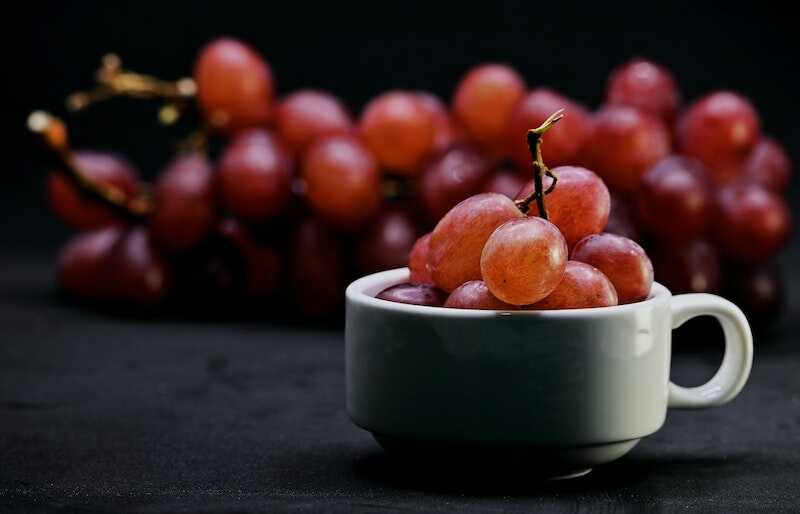
We are pioneers in the production of organic, white and red grape juice concentrate, 100% grape juice and free of additives, allergens and preservatives. Thanks to our unique process, which guarantees quality and food safety, the grape juice preserves all the vitamins, minerals, antioxidants, acids, colorants and natural sugars of the grape. We also support our customers’ food innovation through our state-of-the-art laboratory and R&D department.
Our product is sustainable. We are committed to the environment, to our farmers and to society. For more than 20 years, the entire process at Juan Soler has been based on the use of clean energy, responsible and ethical collaboration with farmers, the use of fresh grapes and varieties from our own land as raw material, the recycling of vegetable water from the grapes and the care of biodiversity.
We also guarantee the traceability of the white and red grape juice concentrate. The grapes are unloaded directly at our facilities, so we maintain complete control and monitoring of the entire process of growing, harvesting, transporting and processing the juice of our product.
We are pioneers in the production of NFC grape juice, free of preservatives and allergens. We are committed to innovation and we have always been strongly committed to sustainability and our farmers, to our customers and to the planet. Proof of this is our 4-pillar SMETA certificate.
When choosing a good partner, always demand 100% authenticity. Contact us and ask for a non-binding offer.
Sources
Grand View Research, Julián Soler, Finlays, NIH, Mintel, FMCG Gurus.

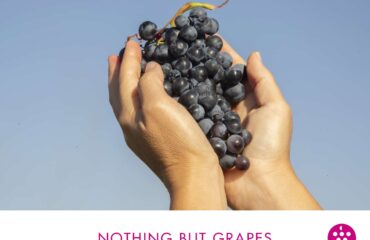

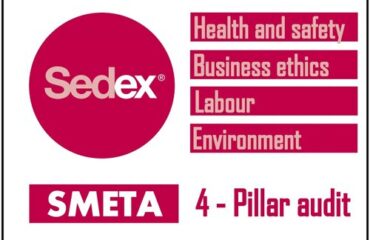
 by
by